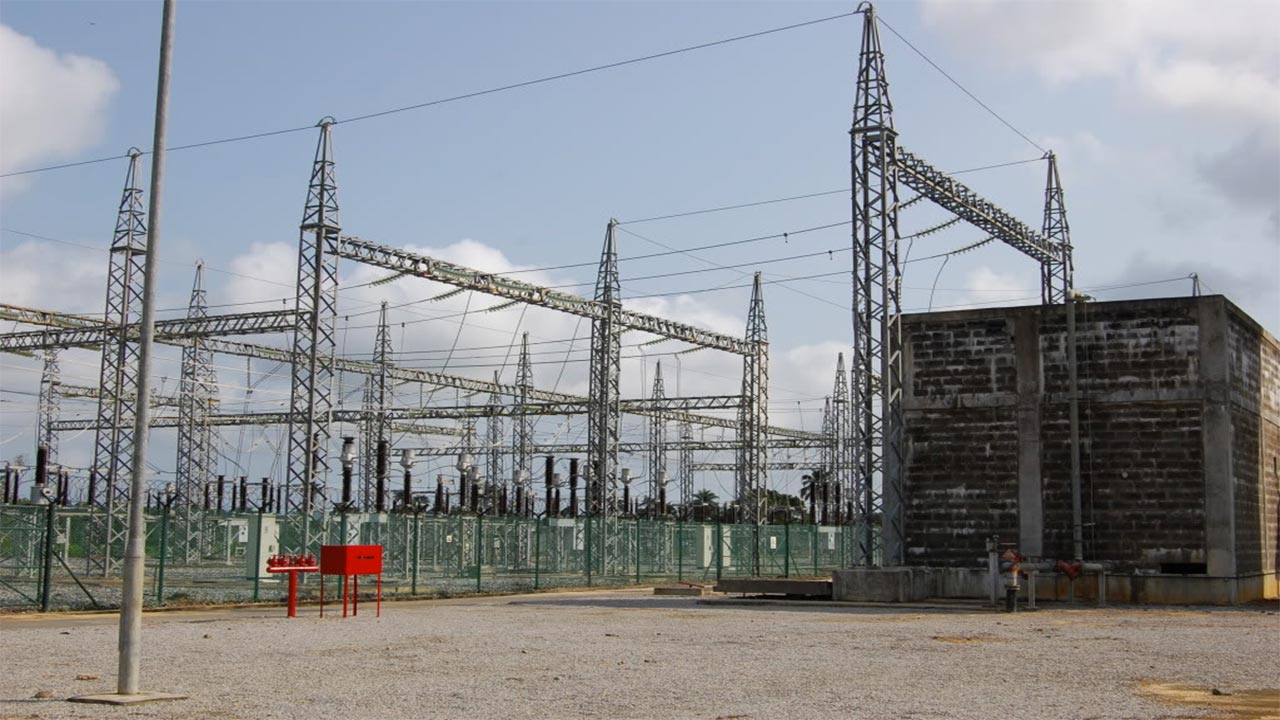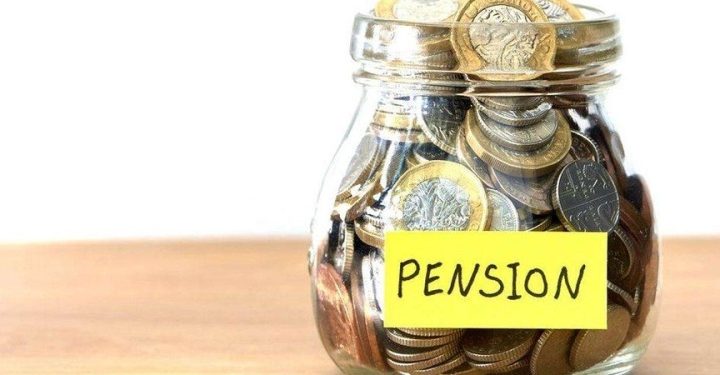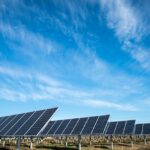Nigeria has been warned against heeding the International Monetary Fund’s advice on removing electricity subsidy as that could worsen economic hardship in the country.
Prime Business Africa reports that the Bretton Woods institution had in its report titled ‘Post Financing Assessment (PFA)’ recommended that Nigeria should completely phase out electricity subsidy as part of measures to restore macroeconomic stability in the country.
IMF commended the reforms of the federal government such as the removal of subsidies on petrol done in may 2023 and the subsequent unification of the foreign exchange windows, noting that they were bold decisions aimed at addressing Nigeria’s macro-economic challenges.
While supporting the offer of palliatives to the most vulnerable in Nigeria as a temporary relief, IMF, however, said that given the current economic situation, it was best to implement total removal of both fuel and electricity subsidies.
“Temporary and targeted support to the most vulnerable in the form of social transfers is needed, given the ongoing cost-of-living crisis. Fuel and electricity subsidies are costly, do not reach those that most need government support and should be phased out completely,” IMF said.
IMF’s postion reechoes the sentiments expressed by the government last year when it said that electricity subsidy has over the years become a financial burden to the country just like petrol subsidy.
The Nigeria Electricity Regulatory Commission (NERC) had in its Q3 2023 report disclosed that N204.59 billion was incurred by the federal government as subsidy obligation and a total of N375.82 billion for the three quarters (January to September). The NERC Chairman/CEO, Sanusi Garba, had reportedly said that Nigeria spent N2 trillion on electricity subsidy between 2015 and 2022, projected N600 billion for 2023 and N1.6 trillion for 2024.
Reacting to the IMF’s recommendation, Chief Economist and Partner at SPM Professional, Mr Paul Alaje, warned that taking such measure will not be in the good interest of the country.
In a statement posted on his X handle formerly Twitter, on Monday, Mr Alaje explained that removing electricity subsidy which is also a form of support would double the current hardship across the country.
The economic expert said he had in December last year, advised that the needful should be done within the next 12 calendar months, noting that just two months into the new year, the hardship is already becoming unbearable for many.
Alaje added that IMF and some other western-led global financial institutions were not the best in prescribing panacea for developing low-income economies.
He said: “Today, some international organisations have stated that Nigeria is facing a worsening economic crisis as a result of policy. They are now advising the Nigerian government to remove all forms of subsidies including electricity subsidy among others.
“I can only smile. If we try this, trust me, the current hardship will multiply by two at the minimum. Recall that I advised in December that we must do the needful within 12 calendar months. It is just two months and the hardship is already unbearable for many. The days ahead are going to be interesting.
“Removing any form of support will cause further disequilibrium and damage to the system. Don’t believe me, let’s try it and within the next one month the impact will be alarming. These international organisations are not the best at developing low-income economies.”
Similarly, a former lawmaker, Senator Shehu Sani, warned that following the advice of IMF would worsen the sufferings in the country.
Sani, who is also a human rights activist and social commentator said what is happening in Nigeria now would be a child’s play if IMF’s advice is heeded.
“IMF wants electricity subsidies removed; doing that will make the prevailing suffering and hardship a child’s play,” Sani warned via a post on his official X handle.
The former lawmaker’s comment resonates with the concerns expressed by people in different quarters about the possibility of worsening cost of living crisis as many were already put on edge by the current situation caused by the petrol subsidy removal which pushed up the cost of things across the country.
Victor Ezeja is a passionate journalist with six years of experience writing on economy, politics and energy. He holds a Masters degree in Mass Communication.

















Follow Us